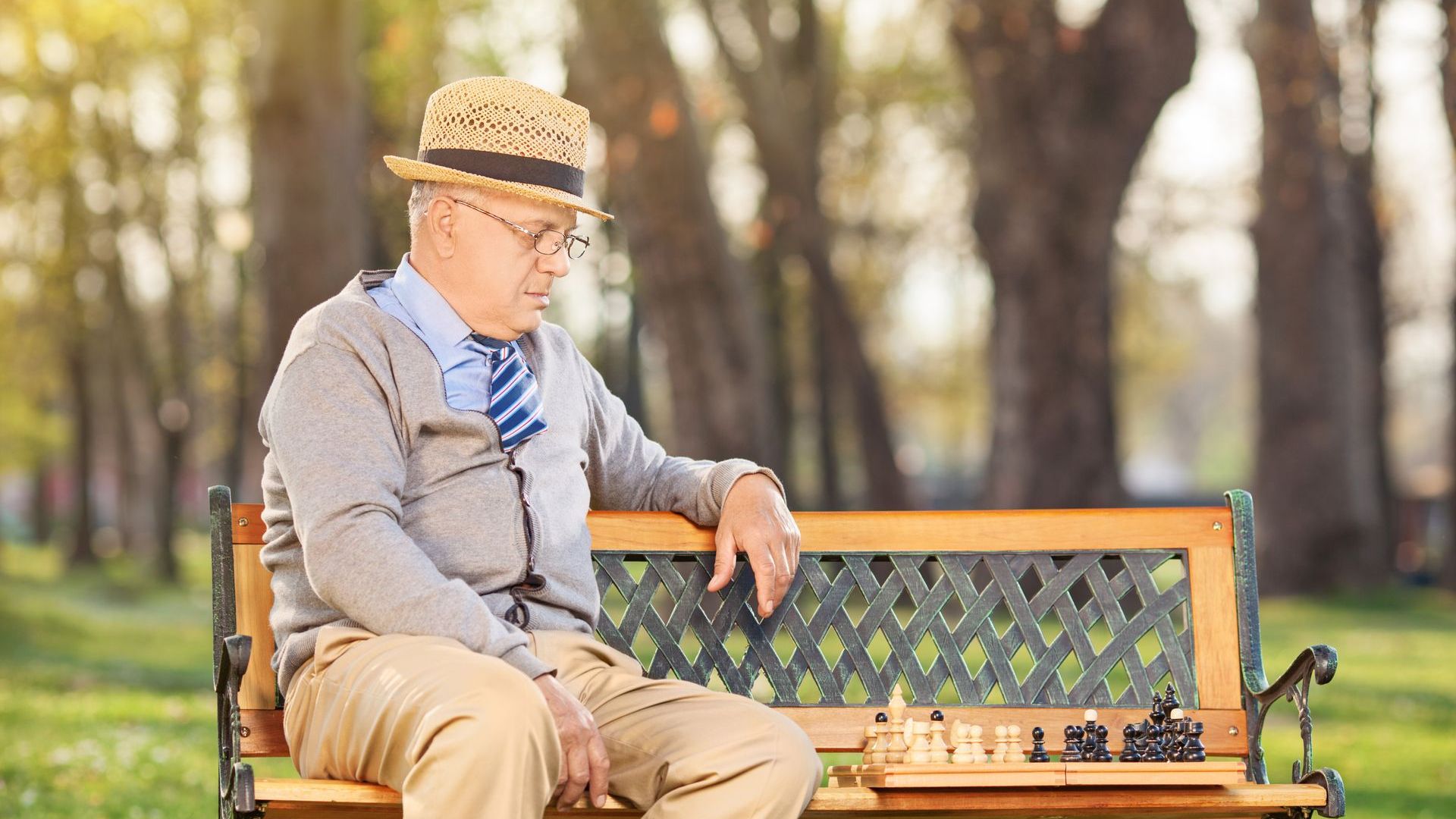Understanding How Predators Take Advantage of Lonely People
Oct 01, 2025
Community is a forgotten part of our self-protection strategy. If you've been following our work at 80:20, you know we look at the whole picture of self-defense—not just the physical part. One of our most important proactive training concepts is threat assessment. This includes situational awareness, body language reading, and—most overlooked of all—self-assessment. Specifically, looking for “target indicators” in ourselves and our loved ones. These are behaviors, patterns, or emotional states that predators notice. And one of the biggest, most ignored target indicators? Loneliness.
When we talk about holistic self-protection, we hammer home three pillars: Value, Boundaries, and Community. If you have those three dialed in, your odds of being targeted drop dramatically. We go deep into all three in my upcoming book Before, During, After: The Timeline of Self-Defense, but here we’ll focus on community—or more specifically, what happens when it’s missing.
Loneliness is not just sad—it’s dangerous. Humans are social creatures, and when we lack meaningful connections, we become more susceptible to risky decisions and manipulation. Predators know this. In fact, they depend on it.
When someone feels isolated—whether emotionally or physically—they’re more likely to override their instincts just to feel seen. They’ll let red flags slide. They’ll tolerate creepy behavior. They’ll respond to a random message or go along with a situation they normally wouldn’t. Not because they don’t know better—but because they don’t want to be alone.
Predators don’t pounce at random. They select, groom, and manipulate. It starts with attention: small talk, shared interests, fake empathy. They build rapport, usually online or in social spaces, watching closely to see who is lacking support or seems disconnected.
Then comes the emotional hook. They align themselves with your values or hardships. They mirror your interests. They offer comfort, validation, and sometimes love. In the early stages, they test your boundaries—sending a risky message, making an inappropriate joke, asking for something small “just this once.” If you let it slide, they move in deeper.
Eventually, the goal becomes control. They isolate their target—cutting them off from friends and family, making them dependent emotionally or financially. From there, it’s easy to manipulate someone into sending money, sharing compromising photos, giving access to accounts, or even tolerating abusive behavior.
Why does this work so well? Because loneliness rewires our risk tolerance. Multiple studies confirm that lonely individuals are more likely to:
-
Stay on the phone with known scammers
-
Agree to high-pressure situations just for company
-
Ignore gut instincts that would otherwise keep them safe
-
Forgive predatory behavior for the promise of connection
That’s why it’s not enough to just say “set better boundaries” or “trust your gut.” If someone feels like they don’t matter or don’t belong, those boundaries are way harder to hold. That’s why community is protection. That’s why connection is armor.
In Before, During, After, we treat community-building as a self-defense skill—not an afterthought. Because the people in your corner are your early warning system. They help you spot bad actors before you get too deep. They give you feedback when you’re not thinking clearly. And they give you a place to land when you walk away from something unhealthy.
So what can you do?
-
Stay connected. Make regular check-ins with your friends and family.
-
Talk about manipulation openly. Give people permission to name red flags.
-
Watch for isolation. If someone’s pulling away from their circle, check in.
-
Build community proactively—not when you're already in crisis.
If you’re in a position to teach or mentor others, include this in your training. Emotional safety is just as important as physical strategy.
Community isn’t fluff. It’s force multiplication. It’s proactive self-defense.
Want to give your team, students, or audience tools they can use? Book us now for your next seminar or conference and help people build the kind of human network that keeps them safe—even when no one’s throwing a punch.
Randy
Stay connected with news and updates!
Join our mailing list to receive the latest news and updates from our team.
Don't worry, your information will not be shared.
We hate SPAM. We will never sell your information, for any reason.
